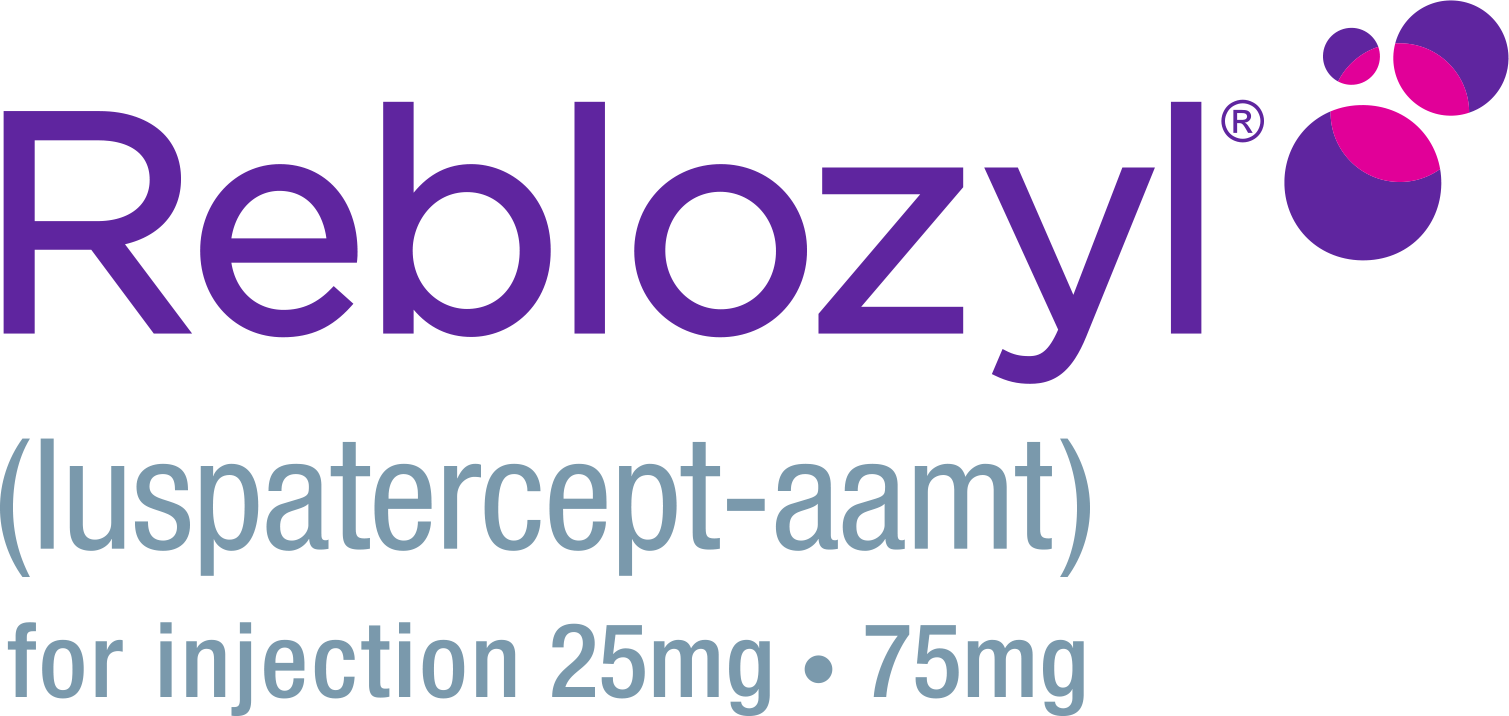How does anemia in BT happen?
Anemia is a condition where you don’t have enough healthy red blood cells (RBC). This means your blood has lower than normal hemoglobin (Hgb) levels. Hgb is an important part of an RBC. It is the part of the cell that brings oxygen to your body and organs.

| Immature RBC | Mature RBC |
In BT, ineffective erythropoiesis (IE) leads to RBCs piling up in your bone marrow. You can learn more about IE here.

Bone Marrow
RBCs pile up when they are not able to fully mature and enter the bloodstream to do their job. This can lead to your body making too few mature, working RBCs that also may not live as long. This can lead to anemia.

Bloodstream
You may require more or fewer RBC transfusions depending on the severity of your BT. If you have questions about this, be sure to talk to your healthcare team. They can help you identify next steps and potential treatment options.
What are the possible symptoms of anemia associated with BT?
Common symptoms of anemia include:
- Problems with thinking or memory
- Feeling tired
- Weakness
- Dizziness
- Lightheadedness
- Headaches
- Shortness of breath
There are also effects of anemia associated with BT that you may not be able to see. These include:
- Enlarged spleen
- Brittle bones, meaning they can break easily
- Rapid or irregular heartbeat or stroke
- Complications from iron overload
Why does anemia in BT matter?
People living with BT experience anemia. This can impact life now, and in the future. Some symptoms may be easily seen or felt, while others aren’t as obvious.
Anemia can have an impact on your daily life and affect your overall health. Living with anemia symptoms can be frustrating and discouraging. They can get in the way of your daily activities. You may feel too tired to go to the store or too weak to complete your usual tasks.

Having anemia can also cause problems over time and may impact your future health. When anemia is not treated, it can have negative impacts on your organs. It may affect how well your intestines, heart, and lungs work. It can even cause your spleen to become enlarged, which may mean you need to have your spleen removed through surgery. This is called a splenectomy.
This may be alarming to hear. That’s why paying attention to new and changing symptoms of anemia is an important part of managing BT.


